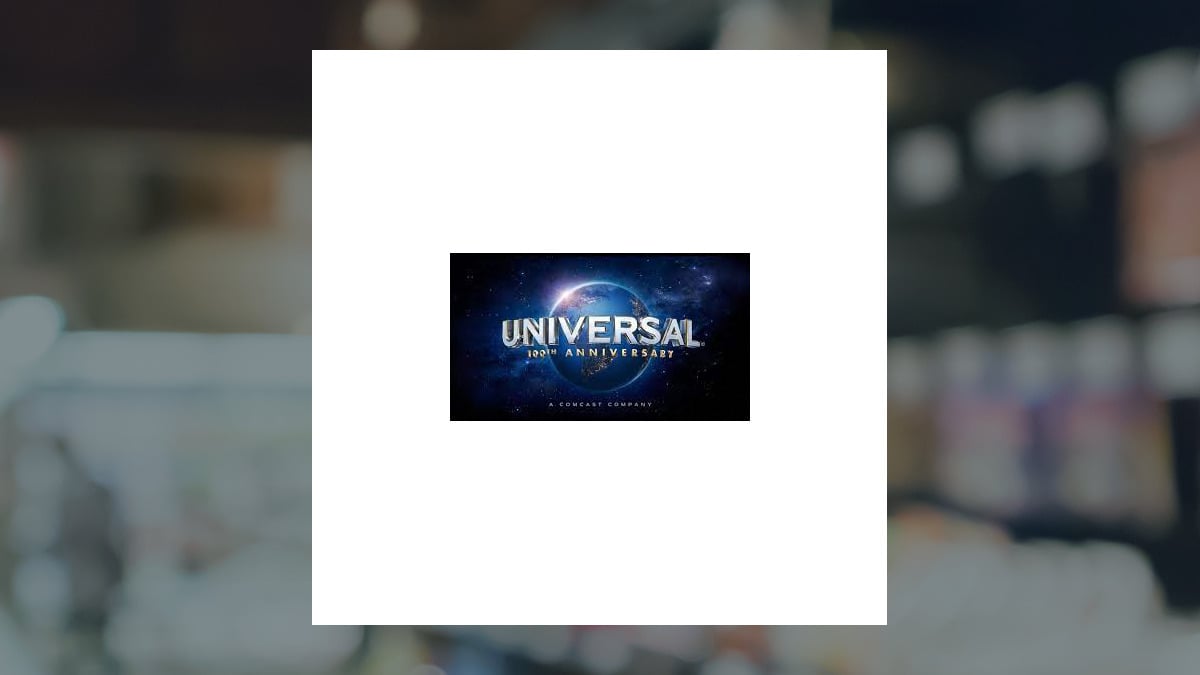Health
Universal and Imperial Tobacco: Investment Potential Compared

Investors are weighing options between two consumer staples giants, Universal Corporation and Imperial Tobacco Group, as both companies present distinct investment opportunities. A comparison across key financial metrics reveals significant differences in ownership structure, dividend payouts, earnings, and risk profiles.
Ownership and Insider Holdings
Institutional investment plays a crucial role in assessing a company’s long-term potential. Currently, 81.0% of Universal Corporation shares are held by institutional investors, indicating strong confidence from large investment firms. In stark contrast, 0.0% of Imperial Tobacco Group shares are held by institutional investors, reflecting a lack of similar institutional interest.
Additionally, insider ownership provides insight into management confidence. 1.9% of shares in Universal are held by company insiders, compared to 1.0% for Imperial. The strong institutional presence at Universal suggests a belief in its growth trajectory.
Dividend Analysis
Dividend payments are a vital component of investment returns. Universal Corporation offers an annual dividend of $3.28 per share, translating to a dividend yield of 6.1%. In comparison, Imperial Tobacco Group pays a lower annual dividend of $2.15 per share, with a yield of 5.5%. While both companies offer dividends, Universal’s history is particularly impressive, having increased its dividend for 56 consecutive years.
Despite Universal’s higher yield, it pays out 86.8% of its earnings as dividends, raising questions about its sustainability moving forward.
Financial Performance and Valuation
When assessing earnings and revenue, Imperial Tobacco Group outperforms Universal in total revenue and earnings per share. However, profitability metrics such as net margins, return on equity, and return on assets show Universal’s strength in managing its operations effectively.
Volatility is another important consideration for investors. Universal has a beta of 0.73, indicating its share price is 27% less volatile than the S&P 500 index. Conversely, Imperial reports a beta of 0.51, suggesting a 49% lower volatility compared to the same index.
Company Profiles
Universal Corporation, founded in 1886 and headquartered in Richmond, Virginia, specializes in processing and supplying leaf tobacco and plant-based ingredients globally. The company operates through two segments: Tobacco Operations and Ingredients Operations. It provides services such as blending, chemical testing, and smoke testing, as well as producing specialty vegetable and fruit-based ingredients.
On the other hand, Imperial Brands PLC, established in 1636 and based in Bristol, United Kingdom, manufactures and sells a variety of tobacco and tobacco-related products across multiple regions, including Europe and Asia. Its product range includes cigarettes, vapour products, and oral nicotine. The company is also diversifying its portfolio with non-tobacco products and engaging in the research and development of e-vapour solutions.
Conclusion
In summary, the head-to-head comparison illustrates that Universal Corporation outperforms Imperial Tobacco Group in several key areas, including dividend yield and institutional ownership. However, Imperial maintains an edge in revenue and earnings. Investors must weigh these factors carefully when considering their investments in these two established players in the consumer staples sector.
-

 Technology5 months ago
Technology5 months agoDiscover the Top 10 Calorie Counting Apps of 2025
-

 Technology2 weeks ago
Technology2 weeks agoOpenAI to Implement Age Verification for ChatGPT by December 2025
-

 Health3 months ago
Health3 months agoBella Hadid Shares Health Update After Treatment for Lyme Disease
-

 Health3 months ago
Health3 months agoAnalysts Project Stronger Growth for Apple’s iPhone 17 Lineup
-

 Health3 months ago
Health3 months agoErin Bates Shares Recovery Update Following Sepsis Complications
-

 Technology5 months ago
Technology5 months agoDiscover How to Reverse Image Search Using ChatGPT Effortlessly
-

 Technology3 months ago
Technology3 months agoElectric Moto Influencer Surronster Arrested in Tijuana
-

 Technology2 months ago
Technology2 months agoDiscover 2025’s Top GPUs for Exceptional 4K Gaming Performance
-

 Technology5 months ago
Technology5 months agoMeta Initiates $60B AI Data Center Expansion, Starting in Ohio
-

 Technology5 months ago
Technology5 months agoRecovering a Suspended TikTok Account: A Step-by-Step Guide
-

 Health5 months ago
Health5 months agoTested: Rab Firewall Mountain Jacket Survives Harsh Conditions
-

 Lifestyle5 months ago
Lifestyle5 months agoBelton Family Reunites After Daughter Survives Hill Country Floods









